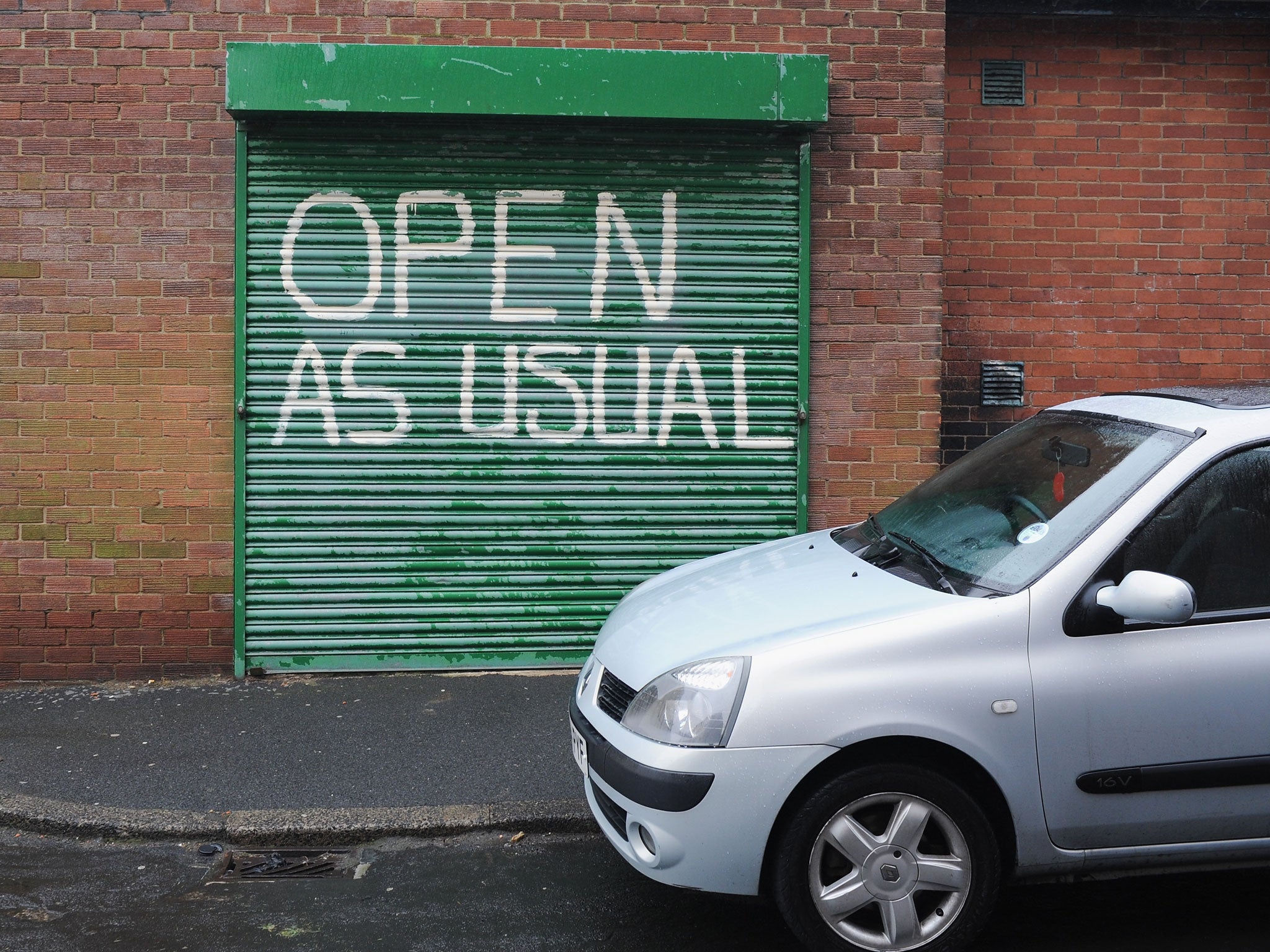The anti-Thatcher feeling in 'less important' parts of the country should not be dismissed
In the years since Mrs Thatcher left Downing Street, economic prosperity has been rather more evenly spread throughout Britain


Taken at face value, Charles Moore, the currently ubiquitous biographer of Margaret Thatcher, was right on two levels when he said on Radio 5 that Mrs Thatcher was "reviled in parts of the country that are less important". Yes, she was certainly a hate figure in, let's say, much of West Yorkshire, and, yes, Leeds is behind London in terms of economic significance to the country as a whole. But it is easy to imagine why his casual generalisation was regarded as offensive in many areas of Britain.
Why should Tyneside, for instance, be considered "less important" than Sussex? One of the signal achievements of Tony Blair's administration was to devolve power to the regions and to assist the economic regeneration of the great cities of Britain, and it's hard to remember what it used to be like. Thankfully, we have Charles Moore to remind us. One Nation Conservatism? I don't think so.
I was born and bred in the North of England, and I was working in South Wales when Thatcherite policies began to bite, so the sense of alienation, that the concentration of power and wealth was solidified in London and the south-east, that we had, in fact, become a two-speed country, was all-pervasive. No longer, thankfully. There's a Harvey Nichols in Leeds, don't you know. There's fancy restaurants in Manchester. And a smart marina development in Cardiff. Of course, there are shameful pockets of poverty in inner cities everywhere - including London - but, in the years since Mrs Thatcher left Downing Street, economic prosperity has been rather more evenly spread throughout Britain.
That's one of the reasons why there haven't been mass anti-Thatcher demonstrations on the streets of Liverpool or Glasgow in recent days. People just aren't so angry any more, and time has inevitably dulled the bitterness and resentment. Even I find it difficult to keep an animus going for 30-odd years. But this shouldn't be confused with acquiescence.
Conservative commentators have stressed in recent days that it's merely a "tiny minority" of Britons who felt antagonistic towards Mrs Thatcher. It's true that the event last week in Trafalgar Square - something several of my friends had been anticipating for a considerable time - was a damp squib, literally so. There were no riots, and the biggest threat to law and order were Millwall fans. Those who protested at the funeral did so in an understated, dignified way. That's not to say, however, that the antipathetic feelings Mrs Thatcher inspired have been exaggerated. And the grandiose scale of the funeral, a state occasion in all but name, will only have stoked this particular fire.
Even the Daily Telegraph, among acres of adulatory coverage, had space for this paragraph: "In swathes of the nation outside London, there are people who looked at the scale of the funeral and thought: this feels over the top". They might have thought something stronger, and might have expressed it directly had there been a way of channeling their disenchantment. Nevertheless, no one should dismiss the depth of anti-Thatcher feeling that is - to this day - prevalent in many parts of our country, albeit, using the Moore-ometer of social significance, the "less important ones".

Join our commenting forum
Join thought-provoking conversations, follow other Independent readers and see their replies